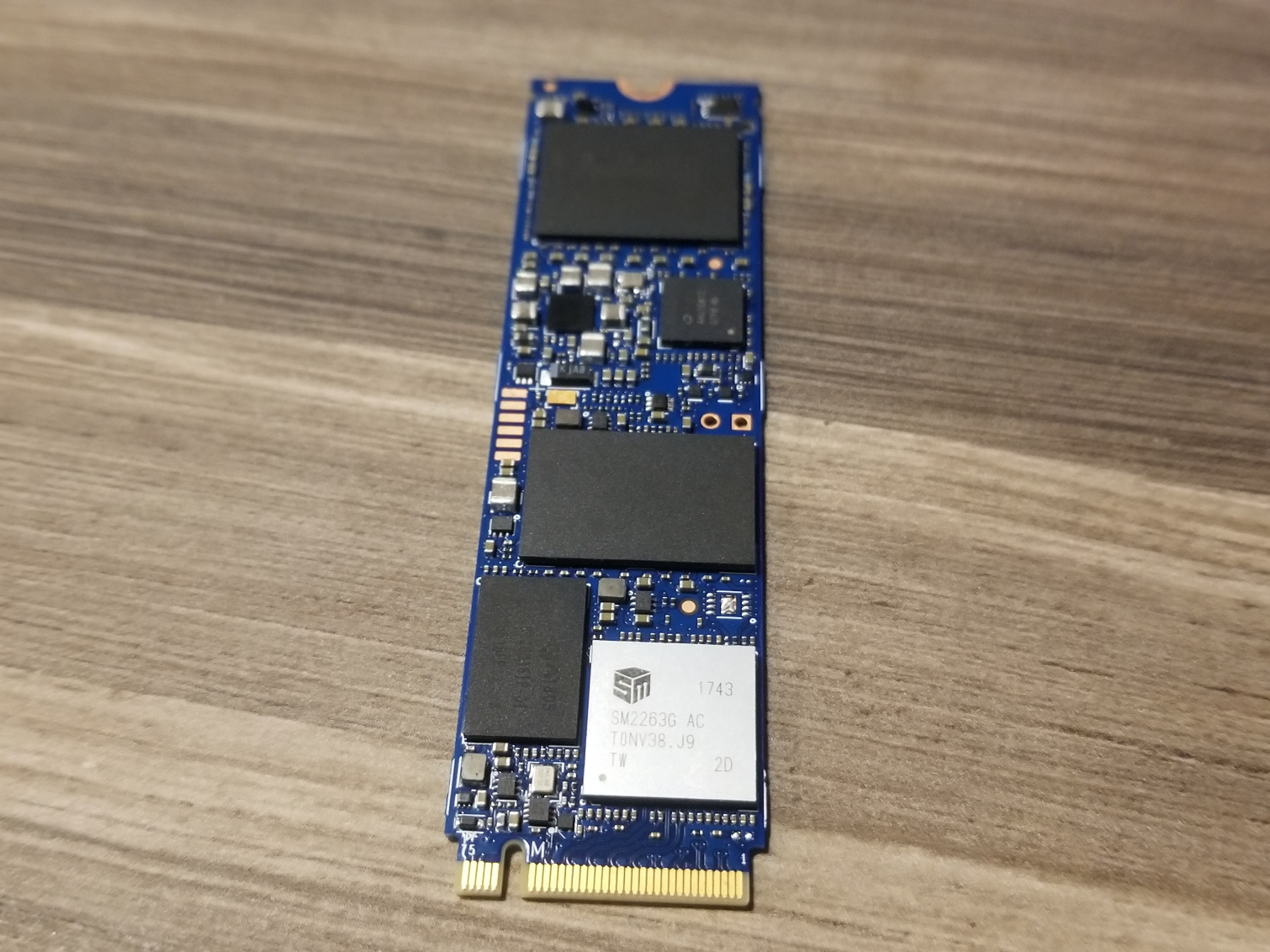Intel Adds Optane Memory Support for Pentium and Celeron Processors
Intel's Optane technology brings all the heady promises of a new memory technology, like blazing fast speeds and incredible endurance, but pricing and limited compatibility with existing systems have hampered wider adoption. This holds true especially for Intel's Optane Memory solution, which is a small drive used for caching hard drives to boost overall performance. Intel has long restricted compatibility for the speedy solution by only enabling support on certain chips, like Core i7, i5, and i3 models while disabling support for the value-oriented Pentium and Celeron line of chips.
Now, with absolutely no fanfare, Intel has enabled Optane support for the cheap Pentium and Celeron chips via a new memory user interface and driver update. Support for these lower-end chips does come with a few caveats, though, as you'll need a 8th-gen (or higher) processor and RST driver 17.2, or later.
Intel enables Optane Memory on cheaper motherboards, like those with the H370 and B360 chipset, along with the expected support for higher-end boards, like the Z370 and Z390 models (although we wouldn't expect those premium boards to be paired with a Pentium or Celeron chip). Intel also extends support to several 100- and 200-series motherboards.
Pricing for Intel's Optane has fluctuated over the last year, but the super-fast storage devices still command a premium and come with much lower capacities than normal flash-based SSDs. To help ease the relatively poor price-to-capacity ratio, Intel recently announced its Optane Memory H10 SSDs, which blend the speed and endurance of Optane memory with the low pricing and high capacity of QLC flash–all on the same small M.2 device.
Importantly, these new Optane Memory H10 drives use the same caching techniques as the existing Optane Memory drives, making the new support for Pentium and Celeron processors more important over the coming months. The new Optane Memory H10 drives include two models with either 1TB or 512GB of QLC flash paired with 32GB or 16GB of Optane memory, respectively. That's a significant boost over Optane's 118GB limit on existing M.2 SSDs. Intel has yet to release pricing or performance information but says these new SSDs will come to market this year.
Intel's efforts to boost the uptake of Optane Memory seem to be evolving. The company recently canceled its Core+ bundles, which consisted of bundled Optane drives with a few of its popular CPU models.
In either case, you can now use the Optane Memory caching drives with low-end Pentium and Celeron processors. Pairing a $32 (16GB) or $62 (32GB) caching drive with a budget chip may seem counter-intuitive, but the caching drives do offer quite a boost to real-world performance over a single hard drive, as you can see in our Intel Optane 3D XPoint Memory Review.
Get Tom's Hardware's best news and in-depth reviews, straight to your inbox.
Here are the system requirements for pairing Optane Memory modules with Pentium and Celeron processors:
Note: 8th/7th generation Intel Processor required.Intel Optane memory support extended to desktop Intel Pentium and Intel Celeron processors starting with Intel 8th generation systems and Intel RST 17.2 driver or later. You must have the corresponding system BIOS for support. Consult your motherboard/system vendor for more information.Intel 300/240 Series Chipset Family:Desktop, High End Desktop (HEDT), Workstation (WS) - Intel H370 Chipset, Intel Q370 Chipset, Intel B360 Chipset, Intel C246 Chipset (WS), Intel Z370 Chipset, Intel Z390 ChipsetIntel 200 Series Chipset Family SATA AHCI/RAID Controller - Intel Q270 Chipset, Intel Z270 Chipset, Intel H270 Chipset, Intel Q250 Chipset, Intel B250 Chipset Intel 8th Generation Core Processor Family Platform I/O SATA AHCI/RAID Controller Mobile Low Power (LP) - Premium-U, Base-U7th generation Intel Core Processor Family Platform I/O SATA AHCI/RAID Controller - Premium UIntel 100 Series/C230 Series Chipset Family SATA AHCI/RAID Controller - Intel HM175 Chipset, Intel QM175 Chipset, Intel CM238 Chipset, Intel C236 ChipsetFor Intel platforms not supported above, visit the RAID version 15.9.0.

Paul Alcorn is the Editor-in-Chief for Tom's Hardware US. He also writes news and reviews on CPUs, storage, and enterprise hardware.
